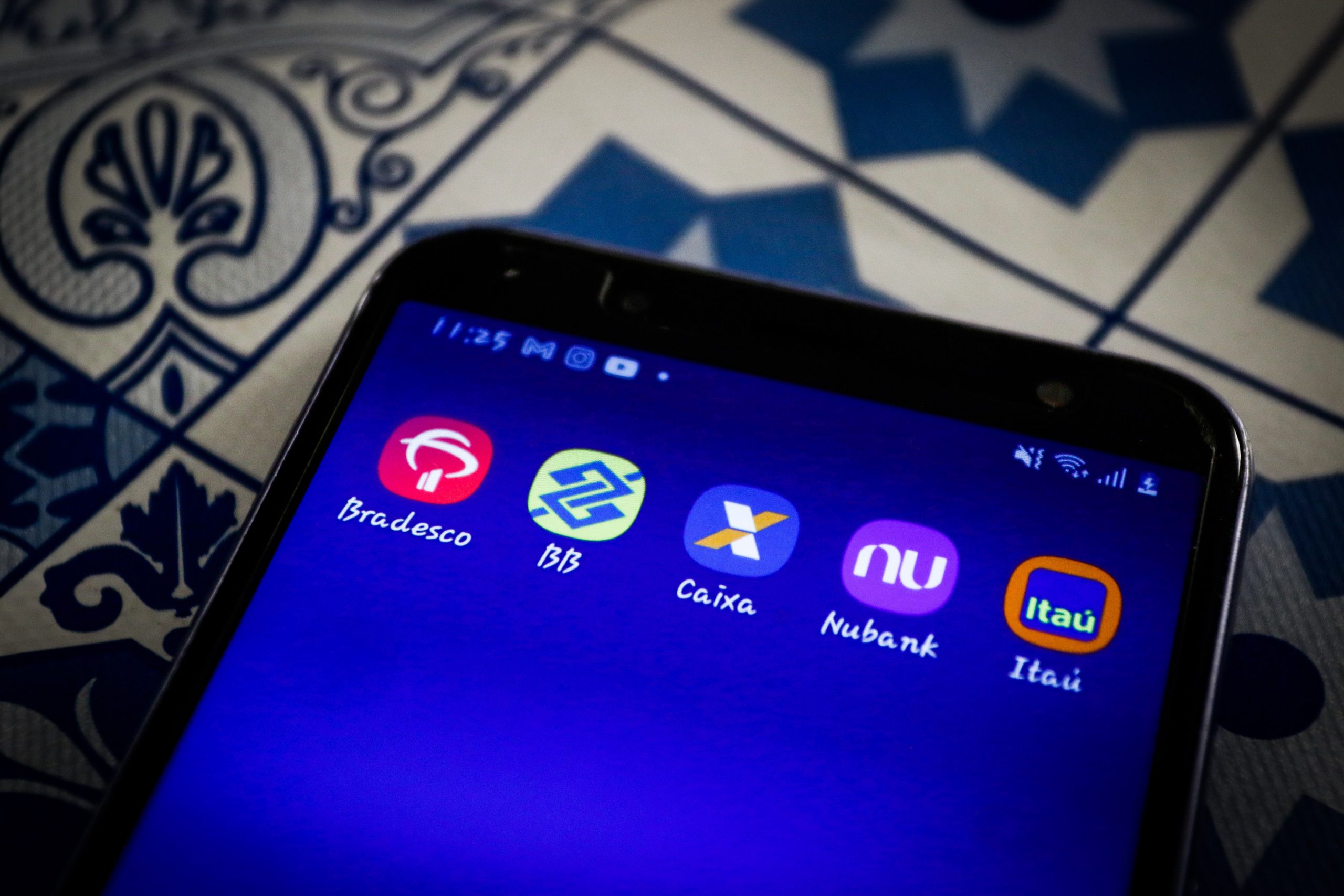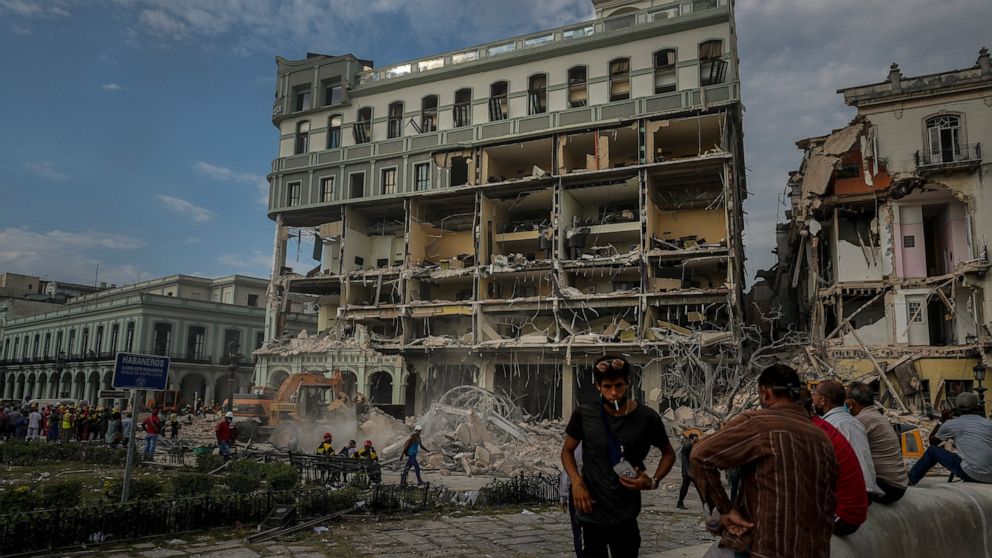[ad_1]
When Elon Musk announced his bid to buy Twitter last month, he said he wanted to make the social network a beacon for free speech. But as Musk scrambles to pull together funding for the $44 billion deal, the billionaire is also planning to accept financing for the deal from two countries that have historically restricted freedom of speech: Saudi Arabia and Qatar.
On Thursday, an SEC filing revealed new financiers for Musk’s takeover plan, which include Saudi Prince Alwaleed bin Talal and Qatar’s sovereign wealth fund. Both countries impose harsh censorship to quash dissent: A Qatari law states that spreading “false or malicious news” can land you in prison for five years, while in Saudi Arabia, critics of the government have faced arrest and even murder. Saudi Arabia ranks number 166 out of 180 on the World Press Freedom Index, while Qatar ranks number 119, according to Reporters Without Borders.
Twitter didn’t immediately respond to a request for comment on the financing.
Prince Alwaleed wrote on Twitter that the Kingdom Holding Company, an investment firm he controls, would roll over its current $1.9 billion investment in Twitter to join Musk on “this exciting journey.” The move comes after Alwaleed spurned Musk’s plan in a tweet last month, saying the Tesla CEO’s offer didn’t come close to the “intrinsic value” of the company. KHC has been a Twitter stakeholder since 2011.
Musk responded by asking about the size of the Kingdom’s stake in Twitter, as well as the country’s views on “journalistic freedom of speech.” Saudi Arabia has been frequently criticized for censorship and human rights abuses, including the 2018 murder of Washington Post journalist Jamal Khashoggi. The Saudi government has denied any involvement by its leaders.
The prince didn’t publicly answer Musk’s questions, but in his tweet Thursday called Musk a “‘new’ friend” and “excellent leader.”
The sovereign wealth fund of Qatar will also contribute $375 million to Musk’s takeover deal. In 2020, the country issued a law that threatens to imprison “anyone who broadcasts, publishes, or republishes false or biased rumors, statements, or news, or inflammatory propaganda, domestically or abroad, with the intent to harm national interests, stir up public opinion, or infringe on the social system or the public system of the state.”
Last year, the government arrested seven people for using social media “to spread false news” during its elections. The country also has a history of suppressing free speech. In 2012, a Qatari poet was sentenced to 15 years in jail after reciting a poem critical of the government.
When the 2020 law was issued, Amnesty International called it “another bitter blow to freedom of expression in the country” and said it “is a blatant breach of international human rights law.” Musk has said he wants to ensure free speech on Twitter as long as it doesn’t violate local law, so Qatar’s financial involvement puts him in a potentially precarious position.
The financing and the conflicts of interest it creates underscore the difficulty Musk will face as he tries to implement his vision for Twitter. Musk said last month that he sees the platform as a digital town square. “My strong intuitive sense is that having a public platform that is maximally trusted and broadly inclusive is extremely important to the future of civilization,” he said.
Other backers announced Thursday include the billionaire Oracle cofounder Larry Ellison, who is investing $1 billion, and the cryptocurrency exchange Binance, which is putting in $500 million.
[ad_2]
Source link













